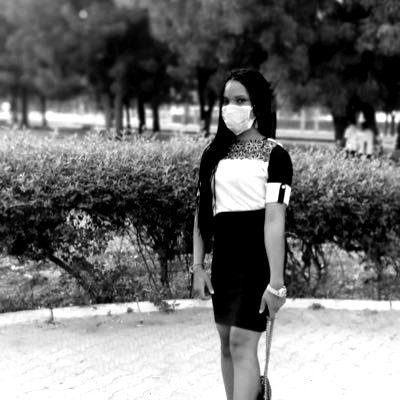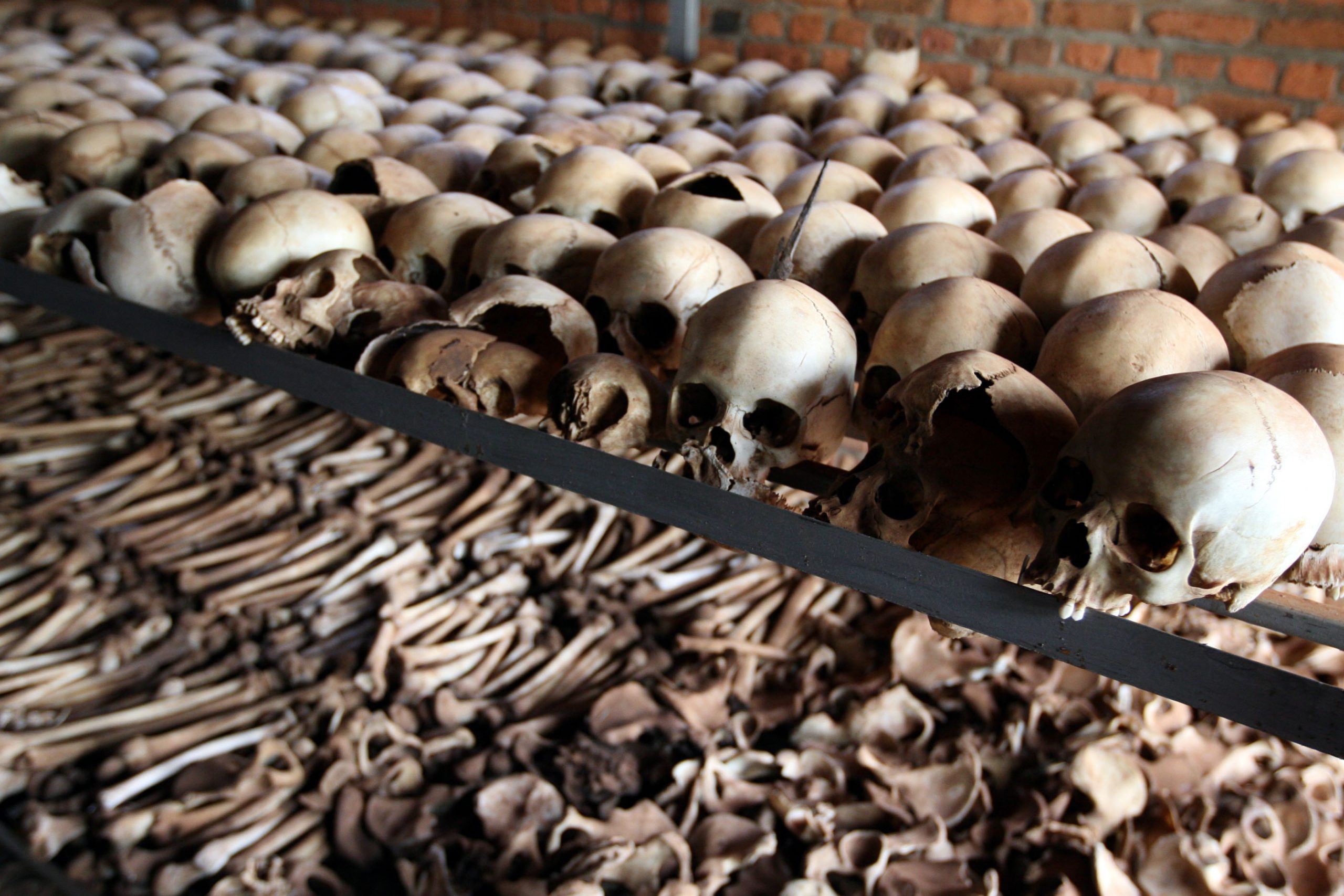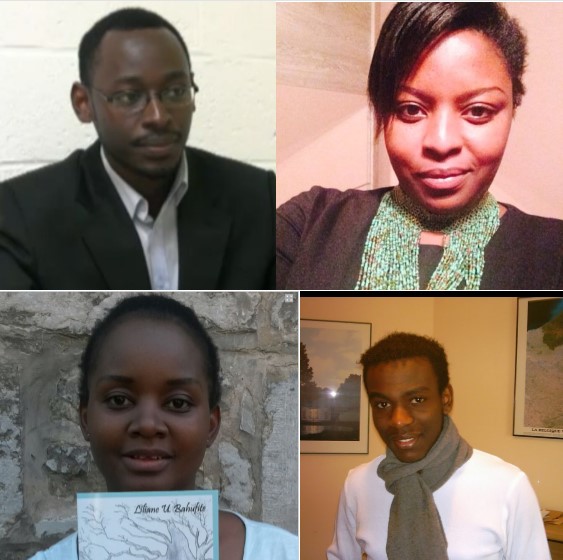Regional
Kwibuka 30: Rwanda honours politicians who opposed genocidal regime

The genocide perpetrated against
the Tutsi in Rwanda, 30 years ago, between April and July 1994, claimed one
million lives in 100 days.
The genocide did not happen
overnight. It was the result of the individual involvement of the political and
military authorities led by the then government.
During the genocide, leaders were
at the forefront of organizing massacres, giving out instructions, providing
weapons used to kill innocent people, among other activities. However, a few
politicians opposed the genocidal plan and saved the lives of many Tutsi, at
the expense of their own.
Specifically, this year, nine
politicians will have their names inscribed at a memorial in Kigali which was
preserved for politicians who did good deeds before and during the Genocide
against the Tutsi.
The politicians whose heroics
actions will be honored include:
Boniface Ngurinzira, the former
Foreign Affairs Minister, who advocated for Rwandan unity during the Arusha
peace talks. Ngurinzira believed that all Rwandans should live in a country
where they had equal rights, a belief that he did not shared with the genocidal
regime. Ngurinzira was killed on April 11, 1994, at ETO Kicukiro.
Godefroid Ruzindana and Jean
Baptiste Habyarimana, the former Kibungo and Butare prefects, respectively, are
among the politicians to be honoured. They violated the instructions of
‘accelerating the killings’ of the Tutsi in the regions they led. They stood
against genocidal politics at the cost of their lives and that of their
families. They were killed on April 17, 1994.
Prof Jean-Gualbert Rumiya, an
academic left the MRND, the genocidal party, after criticizing the incendiary
speech made by genocide convict Leon Mugesera who was his fellow faculty member
at the National University. Mugesera widely called for the extermination of the
Tutsi in the early 1990s.
While many journalists in the
country were busy spreading hate, in 1994, Vincent Rwabukwisi, a journalist and
politician used his platform to promote peace and reconciliation. He was shot
dead by the genocidal regime's military sometime between April 10 and 12 1994,
in front of his home in Nyamirambo, Kigali.
On April 16, 1994, Dr Theoneste
Gafaranga, a private medical practitioner and member of PSD political party,
was killed. Gafaranga was a leader who was not afraid of speaking his mind. He
once said: “The RPF are welcome to Rwanda. They have doctors, lawyers,
engineers that Rwanda needs". His words and rational thinking cost him his
life during the Genocide.
In addition, there were three
bourgmestres: Calixte Ndagijimana of Mugina, Narcisse Nyagasaza of Ntyazo, and
Jean Marie Vianney Gisagara of Nyabisindu commune. The three leaders bravely
fought against the Genocide in their respective areas and saved many Tutsi
lives.
However, they were killed in
horrific ways for their courageous acts of resistance.
Through many channels including media and political rallies, most political leaders of the genocidal regime encouraged citizens to kill the Tutsi, and got rid of any person who opposed that genocidal agenda. But these nine politicians shunned the genocide ideology.
The nine politicians set a good example for future generations of Rwandan leaders.







.jpeg-20230411051445000000.jpeg)
